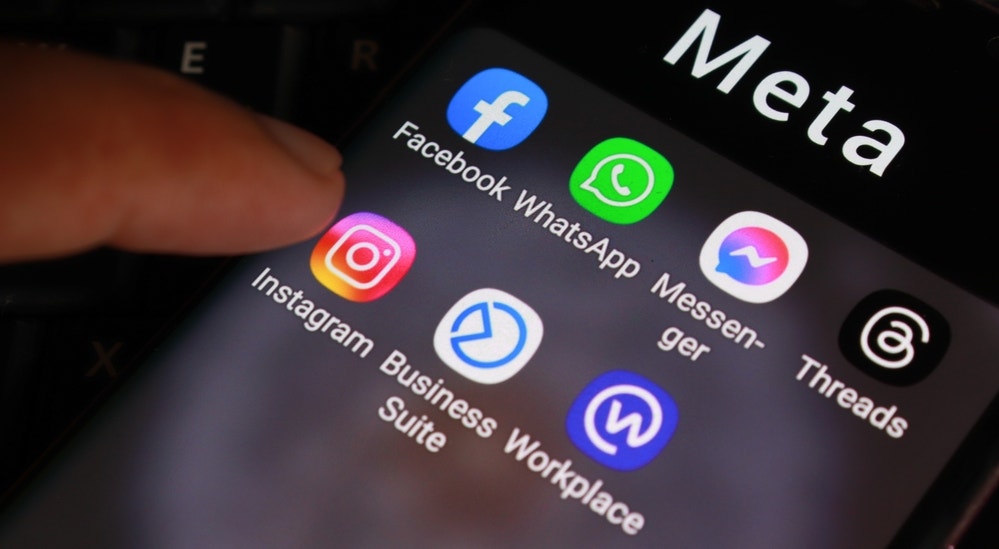Mark Zuckerberg's Meta Accused Of Snooping On Snapchat, YouTube, And Amazon User Traffic Data To Gain Competitive Edge: Report Mark Zuckerberg, Meta Platforms Inc., Snap Inc., Amazon, Alphabet by https://www.benzinga.com/

AI Insights:
Simple Explanation:
A big company called Meta, which is run by Mark Zuckerberg, has been accused of spying on other websites like Snapchat, YouTube, and Amazon to learn more about how people use them. This way, they can make their own website better and beat the competition. A secret project named "Project Ghostbusters" was started in 2016 for this purpose. The information came out because of a court case between Meta and some people who are not happy with what the company did. Read from source...
Critical Perspective:
1. The title is misleading and sensationalized: "Mark Zuckerberg's Meta Accused Of Snooping On Snapchat, YouTube, And Amazon User Traffic Data To Gain Competitive Edge: Report" implies that Meta was caught red-handed spying on its competitors, but the article does not provide any concrete evidence or confirmation of this claim.
2. The use of anonymous sources and unsealed court documents creates a sense of credibility and reliability, but also raises questions about the motives and agendas behind revealing such information. Who stands to gain from exposing Meta's alleged covert project? Why now? How can we verify the authenticity and accuracy of these sources?
3. The article focuses on the negative aspects of Meta's actions, without considering the possible benefits or justifications for initiating "Project Ghostbusters." For example, how could understanding user behavior improve Meta's products and services? How could this help them compete with other platforms in a rapidly changing and evolving market?
4. The article implies that Meta was acting unethically and illegally by intercepting and decoding network traffic, but does not provide any legal or ethical framework for evaluating such actions. What are the relevant laws and regulations governing network traffic and user privacy? How do they apply to different contexts and scenarios? How can we balance the interests of users, platforms, and society as a whole?
5. The article does not provide any perspective or analysis from Meta's side, nor does it acknowledge the possibility that other companies or entities might also engage in similar activities for their own purposes. This creates a one-sided and biased narrative that portrays Meta as a villain without considering the broader context and complexity of the issue.